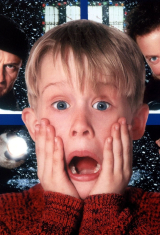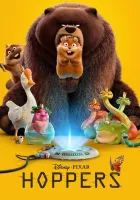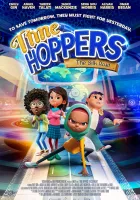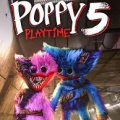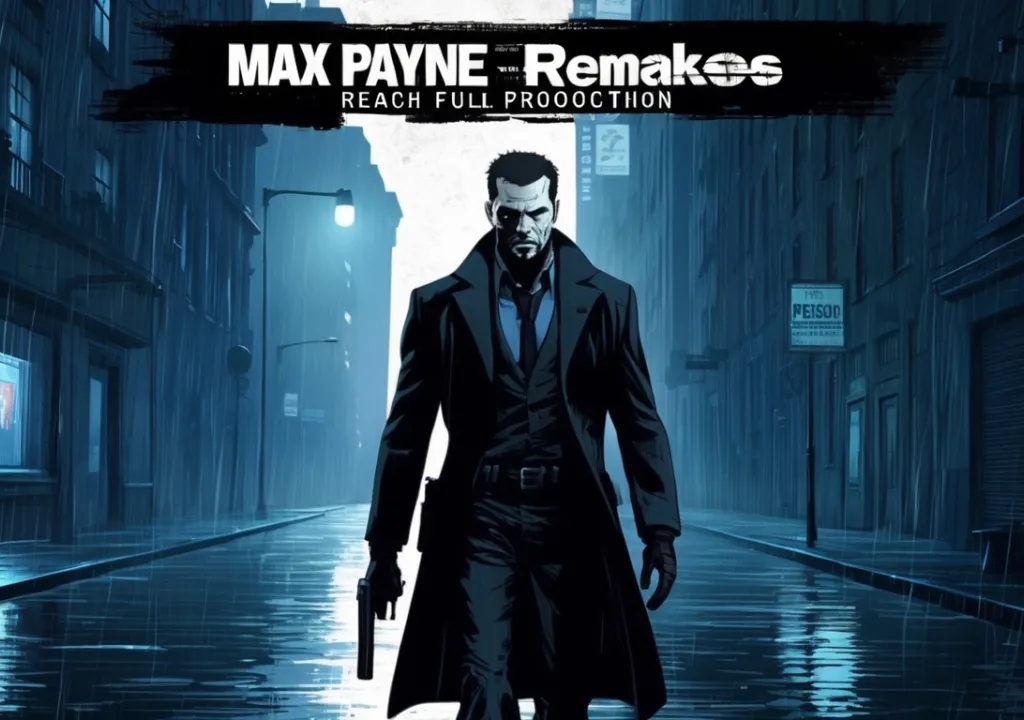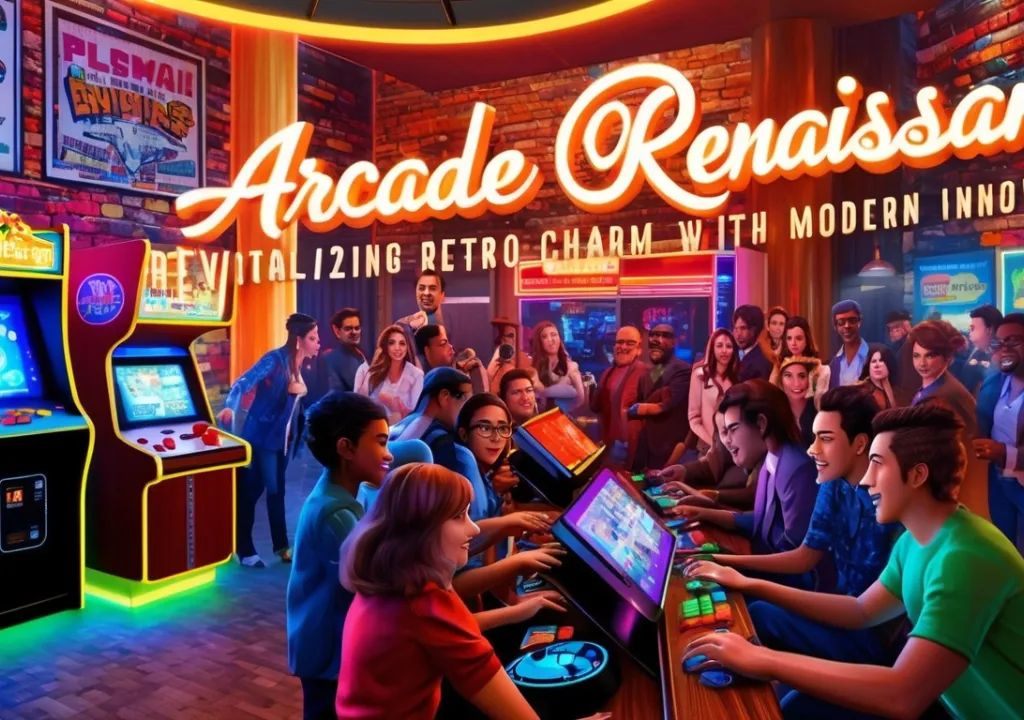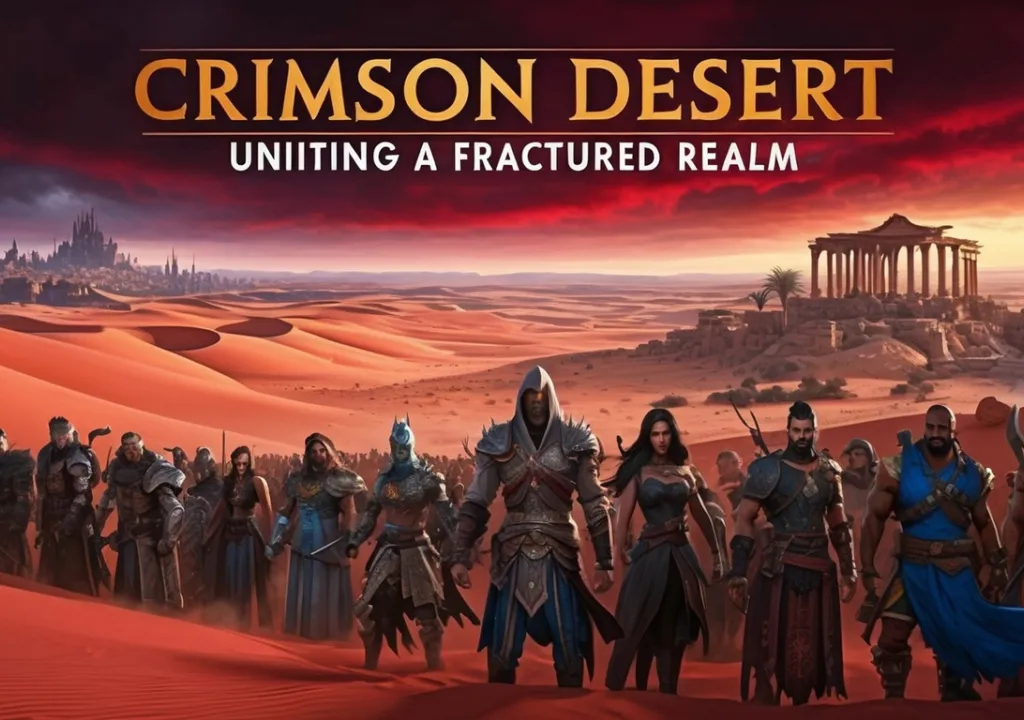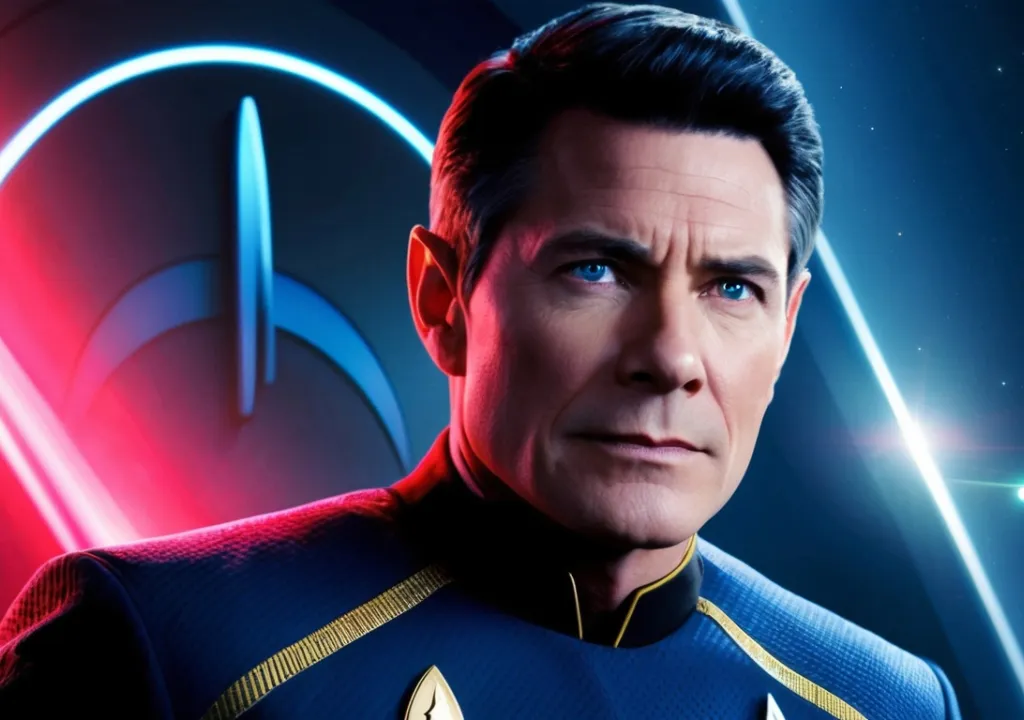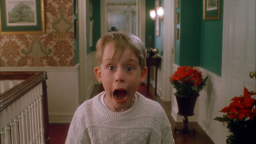
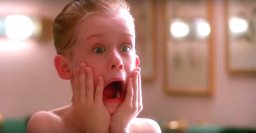
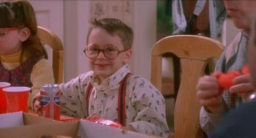
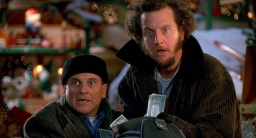
A Journey into Nostalgia: My Thoughts on "Home Alone"
It's rare to find a film that encapsulates childhood fantasies with the same flair as "Home Alone". Even though it was released in the early 90s, this film continues to find its way into holiday traditions. The very title evokes a unique blend of excitement and fear, reminiscent of the time when being unsupervised was a novel adventure. Looking back, the concept of being left home alone as a kid stirs memories of blistering curiosity for the unknown corners of our houses.
"Home Alone" stands out not simply as a comedy but as an experiment in living vicariously through the mind of an unsupervised child. As adults, we watch with a mix of disbelief and amusement as Kevin McCallister, played by Macaulay Culkin, cleverly maneuvers through the unguarded space and executes a comically intricate defense against two hapless burglars. With childlike wonder, the movie asks us to suspend reality and to entertain an exaggerated scenario.
An Introduction to the Classic
Set in the suburbs of Chicago, "Home Alone" introduces us to the McCallister family in a whirlwind of pre-Christmas chaos. The opening scenes—a mixture of children running amok, frenzied packing, and familial scolding—establish a relatable foundation. Kevin, our protagonist, feels overshadowed by his siblings and cousins. It is through a series of unfortunate events that Kevin is left behind while his family jets off to Paris, setting the stage for the main narrative.
The premise, uncomplicated yet potent, immediately captures attention: a young boy, alone for the holidays, must fend for himself while a pair of bumbling thieves plot to rob his family home. It's a scenario that taps into childhood fantasies of temporary independence intertwined with heroic endeavors.
The History of "Home Alone"
"Home Alone" was penned by John Hughes, a maestro of endearing and eccentric teenage tales. Hughes, known for films like "The Breakfast Club" and "Ferris Bueller's Day Off," often wrote screenplays that brimmed with humor and a touch of absurdity. His ability to channel the spirit of youth into his characters is what made "Home Alone" so engaging.
Directed by Chris Columbus, the film became a box office sensation, delighting audiences and critics alike. Its combination of slapstick humor and heartwarming resolutions turned it into a family classic. Columbus's adept direction ensured that the film’s outlandish premise never overshadowed its core—a story about family, longing, and acceptance.
Why "Home Alone" Never Grows Old
The film thrives on its ability to blend comedy with feel-good elements, which is perhaps why it remains fascinating. Kevin's pranks are ingenious, a testament to a child’s wild imagination paired with the absurd resourcefulness only cinema can provide. It’s in these moments that audiences are reminded of their own unrestrained creativity as children.
It's the exaggerated depiction of this child's solo adventure that strikes a chord with viewers of all ages. Adults see the humor and nostalgia, while children imagine themselves in Kevin’s shoes, battling imaginary intruders in their own homes.
My Impressions of Kevin McCallister
Macaulay Culkin’s portrayal of Kevin McCallister is, in a word, magnetic. From his expressive eyes to his mischievous smirk, Culkin transforms Kevin into a remarkable and resilient character. Despite the implausibly large traps and complex schemes, Culkin sells the role with earnestness and charm.
What left the strongest impression on me was Kevin's character arc. Initially portrayed as a misunderstood and sometimes overlooked child, he blossoms into a self-reliant and innovative hero. His journey is not just about confronting burglars but about self-discovery and confidence.
The Burglars Who Aren’t Menacing
Joe Pesci and Daniel Stern, as the hapless Harry and Marv, play their roles with delightful comedic timing. They are villains, technically speaking, but their antics are entertaining rather than menacing. Their failures make them more clownish than cunning, which aligns perfectly with the film's comedic tone.
What’s strange is how these two crooks become an odd allure of the film, providing the perfect foil to Kevin’s calculated mischief. They add a robust dose of humor, enabling the film to occasionally verge on slapstick antics without losing its warmth.
The Set as a Playground
Kevin’s house in "Home Alone" is a character unto itself. Colossal, with countless nooks and crannies, it far exceeds the implications of a familial suburban dwelling. Though overly lavish, it serves as the perfect setting for Kevin’s inventiveness, providing a wealth of opportunities for his defense strategies.
The house becomes a playground and battlefield, its potential wildly re-imagined through Kevin’s eyes. Its grandeur is a clever device, exaggerated enough to allow for hijinks yet familiar enough to feel relatable to the audience.
The Sentimentality Behind the Comedy
On the surface, "Home Alone" is a comedic ride but underpinning this is a strong sentimentality. Kevin's initial wish for his family to disappear translates into a quest for recognition and reunion. His experiences of solitude lead him to appreciate his family more, making their eventual reconciliation all the more poignant.
The figurative journey Kevin embarks on demonstrates a longing for connection—a reminder of the innate desire for family bonds, especially during the festive season.
Exploring the Quandary of Implausibility
One must acknowledge the film’s detachment from reality. The exaggerated scenarios and elaborate traps challenge suspension of disbelief. Nevertheless, this doesn’t detract from the film’s appeal but perhaps adds to its charm. It’s a vivid caricature of childhood aspirations, where reality bends to the wild imagination of the young.
While some might find the implausibility frustrating, it rings true to the evolving patterns of childhood pretense—elaborate make-believe stories that, as adults, we remember with fondness.
Character Dynamics and Family Relations
The film’s family dynamics are quite revealing. Kevin’s interactions with his siblings and cousins paint a chaotic but relatable picture of large family gatherings. His contentious relationship with his brother Buzz underscores a theme of sibling rivalry.
Despite their disputes, these relationships provide a foundation for Kevin’s growth and eventual yearning for reunion. In its own comic and exaggerated way, "Home Alone" paints a realistic picture of familial bonds—imperfect but enduring.
Memorable Music and Soundscapes
The music of "Home Alone", composed by John Williams, is another testament to the film’s timeless appeal. The score accentuates both the humorous and the heartfelt moments, embedding the film with a holiday spirit that is both nostalgic and enduring.
The iconic musical cues heighten viewers’ emotions, drawing audiences deeper into the McCallister household’s mix of chaos and charm.
The Legacy and Cultural Impact
Decades after its release, "Home Alone" continues to leave a mark on pop culture. Its memorable lines, iconic scenes, and the character of Kevin remain fixtures in holiday marathons. It’s a story that has transcended generations, adored by both original viewers and new audiences alike.
The film's legacy is secure—it is a testament to the enduring appeal of well-crafted family comedies that balance humor with heart.
The Filmmaker’s Craft
The collaboration between John Hughes and Chris Columbus was indeed magic. Hughes's knack for quirky, relatable dialogue finds a perfect vessel in Columbus’s energetic pacing. Together, they crafted a narrative that captures both chaos and warmth in equal measure.
It’s the filmmaker’s craft that turns a potentially niche premise into a beloved blockbuster—highlighting the importance of synergy in storytelling.
Returning to "Home Alone" as an Adult
Rewatching "Home Alone" as an adult, the film takes on new dimensions. The humor remains sharp, but there's a deeper empathy for the overwhelmed parents and a keener attention to the film’s thematic elements of misunderstanding and reconciliation.
It becomes not just a comedy but a reflection on the balancing act of family life, seen through the lens of holiday mayhem and childhood adventure.
The Continuing Magic of "Home Alone"
Ultimately, what makes "Home Alone" continue to shine is its rare blend of adventure, comedy, and sentimentality. As cinema evolves, the film’s nostalgic charm offers a comforting escape—reminding us of the simplicity and joy of childhood imaginings.
In a world where complexity often overshadows childlike wonder, returning to "Home Alone" feels like revisiting an old friend, whose stories have only grown more endearing with time.
Conclusion
"Home Alone" is more than just a holiday staple; it's a cinematic rite of passage that continues to entertain, enchant, and evoke nostalgia. While its action may strain belief and its scenario defies convention, that is precisely where its power lies. It's a celebration of the boundless creativity and resilience of children. Kevin McCallister's tale may be improbable, but it highlights an emotional truth about family and independence during the festive season.
The film, with its wonderful performances, ingenious wristwatches and score by John Williams, retains a charming place in hearts worldwide. "Home Alone" is a cinematic treasure that will undoubtedly continue to delight and entertain across generations.

